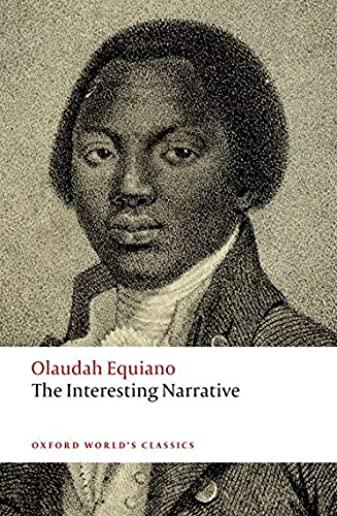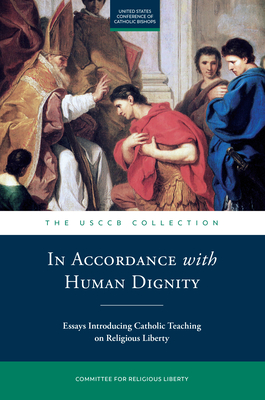
description
rrative, in which the author describes his birth in Africa, his enslavement and transportation to America, and his journey from slavery to freedom, was published just a few days before the British parliament first debated the abolition of the slave trade in 1789. As a first-hand account of the horrors of slavery, it was a vital part of the campaign to end that "accursed trade," but the book is far more than merely a political pamphlet. It is the most important African autobiography of the eighteenth century, telling the story of a life of high adventure on land and sea, from the Caribbean to the North Pole via America, Turkey, and Great Britain, in a style that remains lively and engaging to this day. This new edition includes an introduction surveying the recent debates about Equiano's birthplace and identity, and showing how the book achieved its increasingly central position among the great works of eighteenth-century literature.
member goods
No member items were found under this heading.
Return Policy
All sales are final
Shipping
No special shipping considerations available.
Shipping fees determined at checkout.







